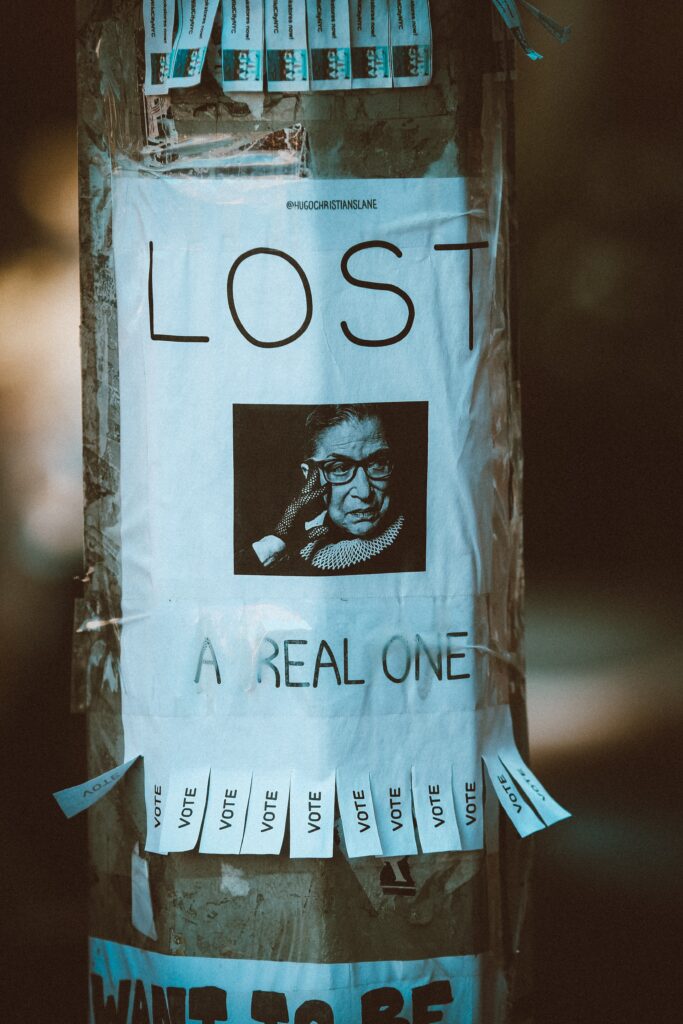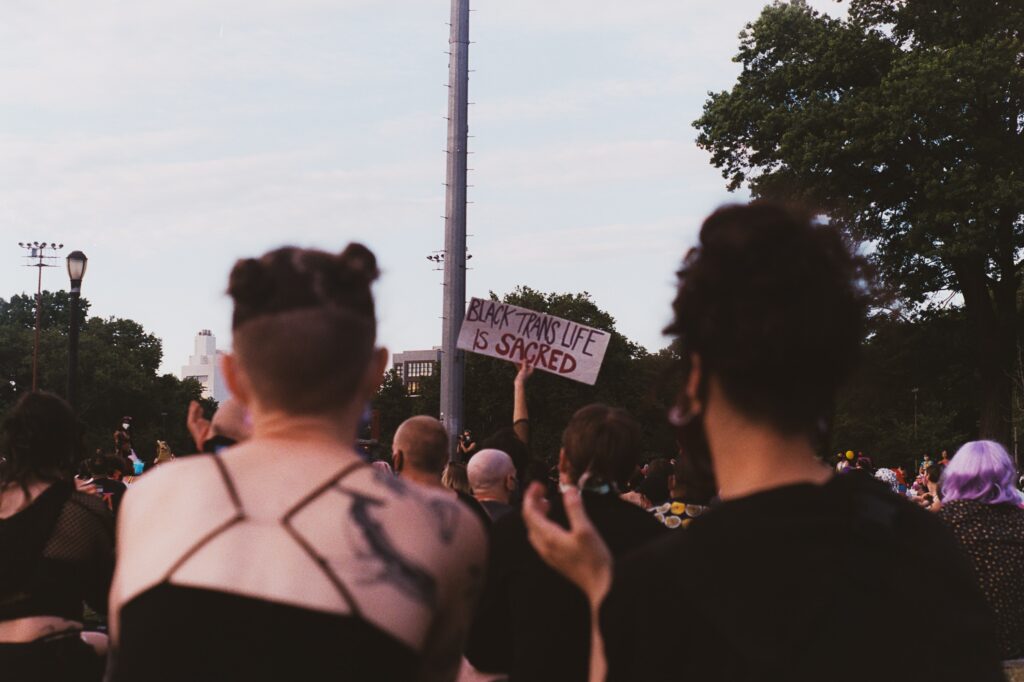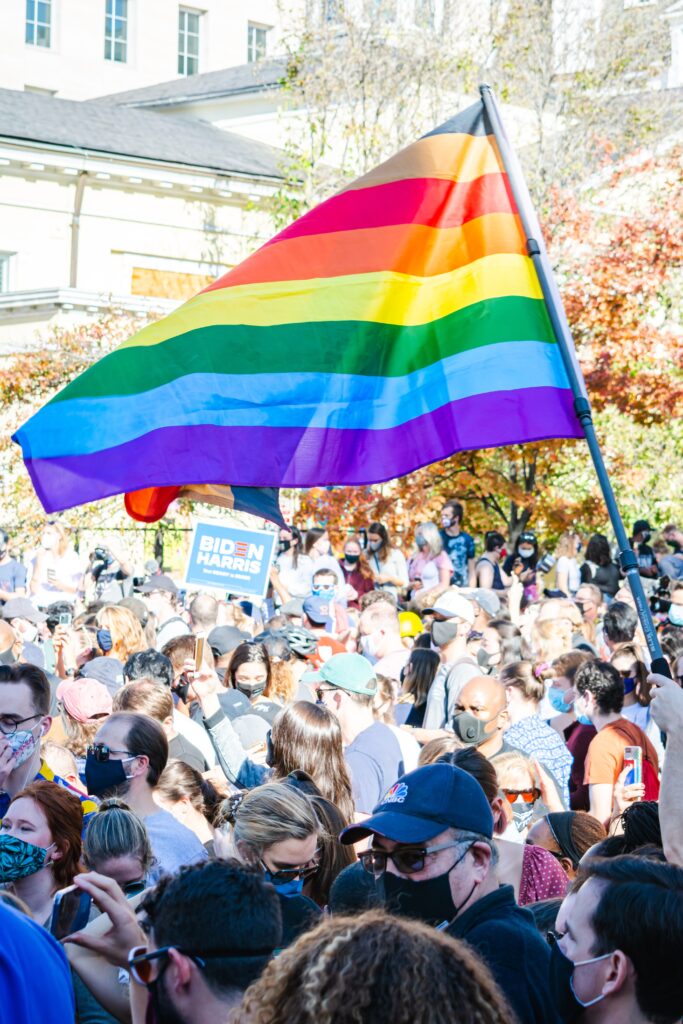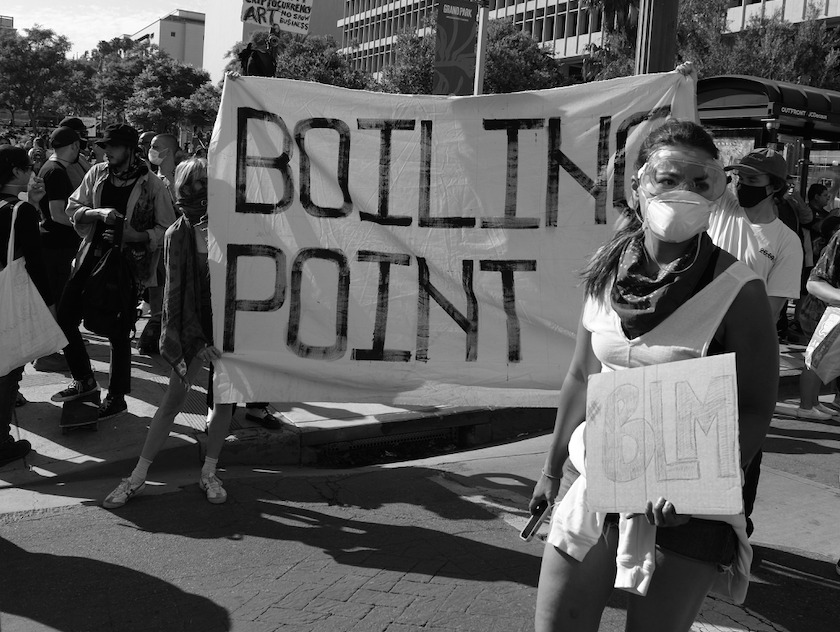2020: A queer year in review
We take a look at the LGBTQ lows and the highs, of which there were some — even in one of the toughest years of our lives.
It’s all over but the cheering. No year since WWII has been as terrible for the global society as was 2020. For LGBTQ people it was a year fraught with loss, damage and danger, with few bright spots. In the U.S. 2020 was defined by the coronavirus pandemic and the Trump presidency. Protests for racial justice defined the summer and early fall, as people marched against police violence which has impacted LGBTQ people since the days of Stonewall and before.

Black and Queer Unite
Protests were organized nationally by Black Lives Matter (BLM), a Black social justice, queer and anti-violence movement founded by three queer women, Alicia Garza, Patrisse Cullors and Opal Tometi in 2013 in response to police violence against Black people.
Statistics battered LGBTQ people: The FBI reported a surge in hate crimes against gay and trans people to nearly 1 in 5 of all hate crimes—disproportionate to LGBT demographics.
Poverty, food insecurity and homelessness impacted LGBTQ people more than their cis-het peers—particularly among those under 25 and 55+. Movement Advancement Project detailed how LGBT people had been most impacted by the coronavirus pandemic.
The losses were glaring. A staggering number of deaths from COVID-19: 333,000 and climbing, the majority of which were of people over 40, stalked us. In addition to those dead, we lost iconic figures of our time. Justice Ruth Bader Ginsburg’s advocacy on the U.S. Supreme Court had helped blaze a path for and define LGBT+ rights in the law.

Rep. John Lewis (D-GA) had been Dr. Martin Luther King, Jr.’s young lieutenant in the Black Civil Rights movement before he became one of the most beloved of Congressmen. His support for the LGBTQ community was as legendary as it was groundbreaking. Few will forget the sit-in he began in the House for gun violence victims after the mass killing in the Pulse nightclub on June 12, 2016 that left 50 dead and another 53 injured. His rainbow wristband prominent as he sat cross-legged on the floor at 76.
Larry Kramer was an award-winning playwright, screenwriter and author. But it was his founding of ACT-UP and GMHC (Gay Men’s Health Crisis) that defined him as one of the most singular activists of the AIDS crisis, without whose vision many more lives would have been lost.
And there were the transwomen: The epidemic of murders of mostly Black and Latinx transwomen took the lives of 350 people globally and several dozen in the U.S., including two asylum seekers at the border and a dozen transwomen in Puerto Rico.

After Unfathomable Losses, Powerful Gains
Countering these losses were the gains. The most significant event to impact all LGBTQ people in 2020 was the U.S. Supreme Court decision on employment discrimination. On June 15, the SCOTUS ruled that a longstanding federal law—Title VII of the 1964 Civil Rights Act — barring workplace discrimination, also protects gay and transgender employees.
The landmark 6-3 ruling represented the biggest moment for LGBT rights since the Supreme Court legalized same-sex marriage in 2015. Two conservative justices joined the court’s four liberals in the decision: Neil Gorsuch, a 2017 Trump appointee who wrote the ruling, and Chief Justice John Roberts.
The ruling offers gay, lesbian and trans worker protections for the first time in history. Another court win for LGBTQ people came Dec. 7, when the Supreme Court chose not to hear a case brought by former high school student Gavin Grimm about barring transgender students from bathrooms and locker rooms that match their gender identity.
A Setback in the Supreme Court
But while those cases were wins for LGBTQ people, the confirmation of Amy Coney Barrett to the Supreme Court radically shifted the balance of the court to a 6-9 conservative majority. Barrett also has a history of anti-LGBT bias, even referring to “sexual preference” in her confirmation hearings (for which she later apologized).

In 2020 dozens of federal judges were confirmed by the GOP-led Senate and Lambda Legal cites statistics that more than a third — 36% — had anti-LGBT biases in their records.
The Trump administration made repeated attempts to restrict access to healthcare for LGBTQ people during the deadly pandemic. This involved attacks on the Affordable Care Act provisions protecting queer and trans people.
The Trump administration also restricted asylum requests by LGBTQ people, and sent several lesbians back to the countries of origin they had fled due to threats on their lives for their sexual identity.
Trump’s Endless Assaults
Secretary of State Mike Pompeo spent much of 2020 re-crafting the State Department as an anti-LGBTQ vector, putting people with longstanding anti-gay and anti-trans animus in policy positions.
Throughout 2020, Pompeo has taken actions that shift U.S. foreign policy to reflect anti-LGBT and anti-women’s rights stance, using the State Department’s $41 billion budget to advance his anti-LGBT agenda.
In November, Pompeo signed an anti-LGBT declaration with 32 member states in the United Nations, many of which are authoritarian regimes.
How We Fought Back
Despite the dangers presented by both the Trump administration and the pandemic, LGBTQ people made their voices heard and their votes count at the ballot box. More LGBTQ people were elected to office than ever in history. Over 500 openly LGBTQ candidates ran for a wide range of local and national offices, with a slate of unique and diverse candidates in nearly every state. There were many Black, Latinx and Asian candidates, speaking to the racial diversity LGBTQ candidates represented.

In January, Mondaire Jones and Ritchie Torres will join the House as the first openly gay Black members of Congress. In Delaware, Sarah McBride became the first openly transgender person elected as a state senator.
President-elect Joe Biden and VP-elect Kamala Harris made history. Harris, a longtime LGBT ally who was marrying lesbian and gay couples as district attorney of San Francisco back in 2004, will be the first woman vice-president, first Black vice-president and first vice-president of Asian descent.
When Harris was running for president in 2019, she had one of the strongest pro-LGBTQ platforms. Biden and Harris have already appointed lesbian and gay people to their administration, among them the groundbreaking choice of Pete Buttigieg for Secretary of Transportation who will head an agency of 55,000 people and a network of infrastructure and environmental issues.

Among Biden-Harris’ history-making appointments are also two lesbians of color, Karine Jean-Pierre and Pili Tobar. Jean-Pierre, the first Black person and first out lesbian to hold a chief of staff role for a vice-presidential nominee, will be principal Deputy Press Secretary for the Biden administration. Tobar, a veteran of the immigration reform group America’s Voice, will be Deputy White House Communications Director.
Biden-Harris also appointed Carlos Elizondo to be the new White House Social Secretary. Elizondo will be in charge of the White House Social Office and oversee all aspects of official social events in the President’s official residence.
And so the year ends with hope for the changes 2021 augurs with a Biden-Harris administration, several COVID vaccines and a newly energized level of LGBTQ activism spurred by the racial justice protests and the election. Donald Trump and Mike Pence — with their dangerous anti-LGBTQ agenda — will be gone, replaced by two people who respect and support the queer and trans communities.
If 2020 was the worst of times, to quote Dickens, then 2021 has the potential to be the best of times. Happy New Year.






